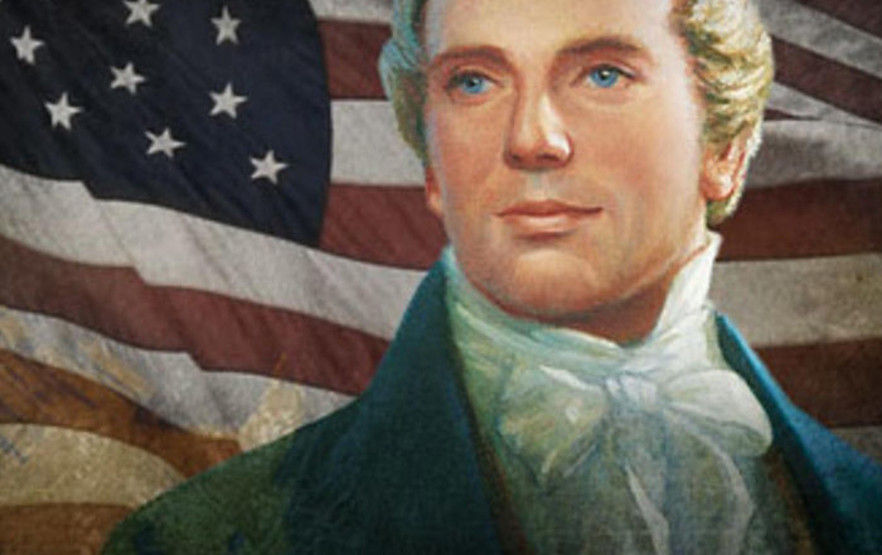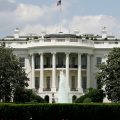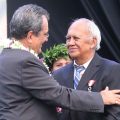In January 1844, after concluding that none of the major presidential candidates would protect the Mormon pioneers from continuous persecution, Joseph Smith held a meeting with the Quorum of the Twelve Apostles and other church members in Nauvoo, Illinois. They then unanimously agreed that the prophet would run for President on an independent platform.
“I would not have suffered my name to have been used by my friends on anywise as President of the United States, or candidate for that office, if I and my friends could have had the privilege of enjoying our religious and civil rights as American citizens, even those rights which the Constitution guarantees unto all her citizens alike,” Joseph Smith wrote in his political pamphlet titled General Smith’s Views of the Powers and Policy of the Government of the United States. “But this as a people we have been denied from the beginning. Persecution has rolled upon our heads from time to time, from portions of the United States, like peals of thunder, because of our religion, and no portion of the Government as yet has stepped forward for our relief. And in view of these things, I feel it to be my right and privilege to obtain what influence and power I can, lawfully, in the United States, for the protection of injured innocence” (History of the Church, 6:210–11).
Joseph Smith first started his campaign in Nauvoo in February 1844, and news about Joseph Smith running for president soon spread to the neighboring states. At that time, the prophet was serving as a mayor of Nauvoo—a city larger and growing faster than most U.S Cities, including neighboring state Chicago. He was also serving as a lieutenant general for Nauvoo Legion, which had more than 3,000 men and was second in size only to the U.S Army.
His bid for Presidency not only focused on protecting the Saints but also to strengthen the civil rights of the oppressed and offer solutions to many of the nation’s pressing concerns. Among his several progressive ideas for his Presidential platform were extensive prison reform, forming a national bank, annexation of Texas and Oregon, and even a plan to end slavery by 1850. Joseph Smith wrote:
“The Declaration of Independence ‘holds these truths to be self-evident, that all men are created equal; that they are endowed by their Creator with certain unalienable rights; but at the same time some two or three million of our people are held as slaves for life, because the spirit in them is covered with darker skin than ours. We, the people of the United States, in order to form a perfect union, establish justice . . . and secure the blessings of liberty to ourselves and our posterity’ meant just what it said without reference to color or condition. Petition, also, ye goodly inhabitants of the slave states, your legislators to abolish slavery by the year 1850, or now, and save the abolitionist from reproach and ruin, infamy and shame” (History of the Church, 6:189, 197).
He also proposed changes to Congress. He wanted to reduce congressional pay from eight dollars to two dollars per day.
Although his campaign soon ended when mobs brutally murdered him and his brother in Carthage Jail on June 27, 1844, many of his proposals came to pass decades after his death.
Josh Flores, Moroni Channel
Latest posts by Josh Flores, Moroni Channel (see all)
- 2022 REPORT: LDS Church spends $1.02 billion to help the needy - May 16, 2023
- Utah man charged with aggravated arson and use of explosive device at the LDS Conference Center - January 21, 2023
- sample - July 22, 2022
- President Nelson offers suggestions for New Year’s resolution - January 2, 2022





